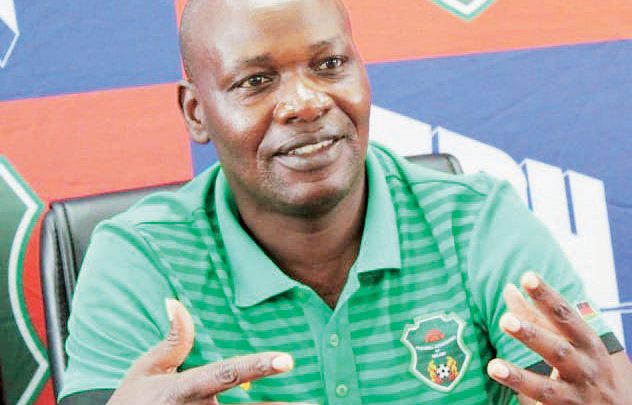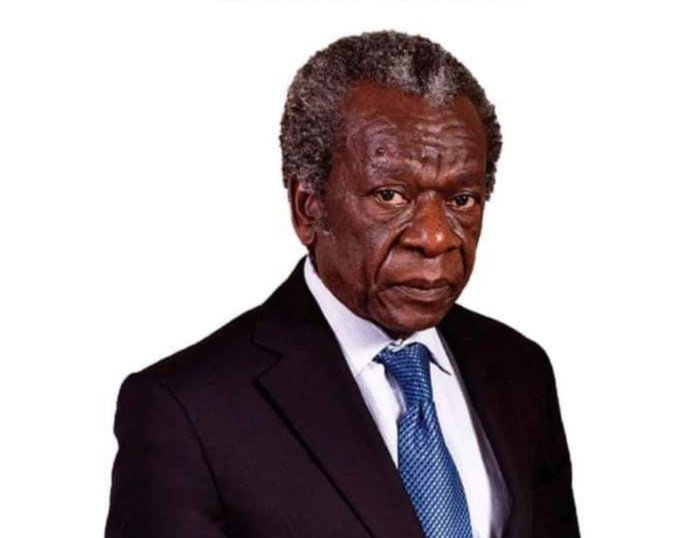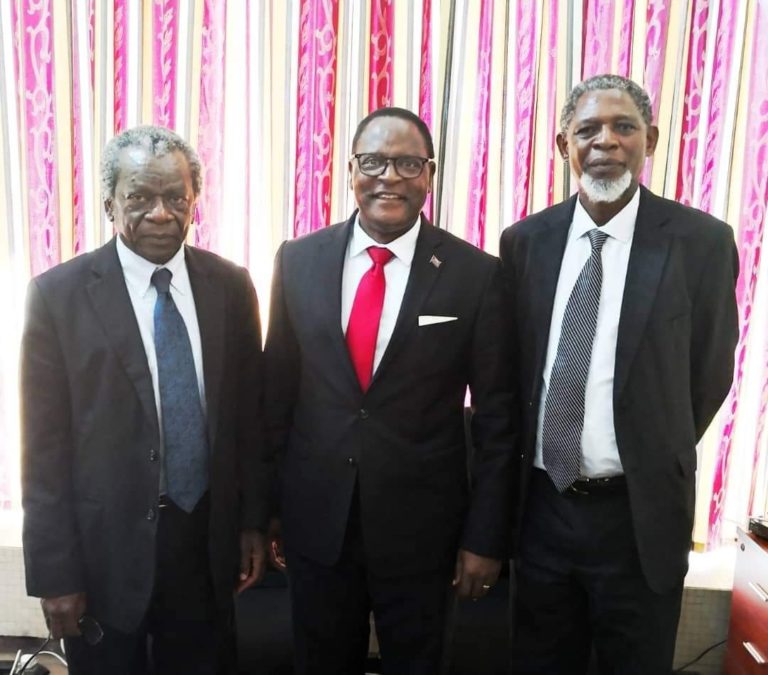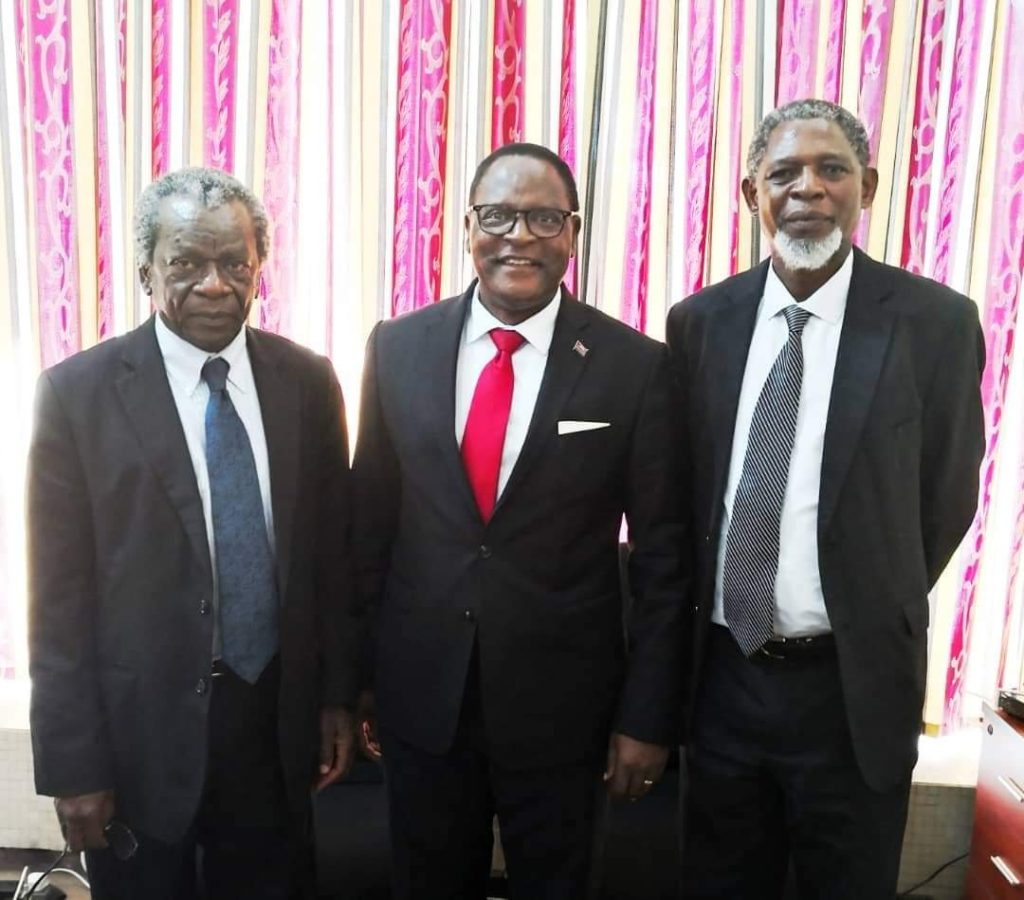Malawi national football team Coach Meke Mwase has described Confederation of African Football’s (Caf) rescheduling of the 2021 Africa Cup of Nations finals as a setback.
With just two of the six qualifying rounds played, Caf has moved the finals, which will be hosted by Cameroon, to 2022.
The continental football governing body made the decision through a zoom conference.Advertisement
Caf said the decision had been made due to the Covid-19 pandemic which has killed many people across the globe.
The finals were scheduled for January but the meeting noted that it was impossible to conclude the qualifying matches in time.

Elsewhere, the African Nations Championship (Chan), which should have been played in April, will now take place in January 2021.Advertisement
“Health is our number one priority. We must remain vigilant,” Caf president Ahmad Ahmad said in a news conference announcing the move.
The decision means the biannual tournament will now be in the same year as the 2022 World Cup-something that last happened in 2010.
Mwase described the change as a big setback.
“It is unfortunate that things have gone that way due to the Covid-19 pandemic. Already, we have stayed for so long without football and continuing with this period of inactivity will not help matters as players will need time to gain match fitness when games resume
“Of course we had a team before the suspension of games and it will be easier to maintain the same squad, but loss of form and injuries[of players] will definitely come into play. Anyway, there is nothing we can do about it. We will just go by what Caf says,” Mwase said.
The qualifiers were suspended in March as the Flames were due to face Burkina Faso in home-and-away matches in a space of one week.
One of the country’s coaches, Thom Mkolongo, said the rescheduling could be a blessing in disguise.
“My take is that Caf has made a good decision. Moving the tournament to 2022 will give teams ample time to prepare,” Mkolongo said.
The Flames are third in Group B of the Afcon qualifiers with three points having beaten South Sudan 1-0 courtesy of a Gabadinho Mhango strike at Kamuzu Stadium.
Uganda lead the group with four points from two games, at par with second-placed Burkina Faso but the Cranes have a better goal difference.
South Sudan anchor the group with no point.
The Caf Executive Committee also made a decision on the Caf Champions League and Caf Confederations Cup that both the semifinal and the final will be staged on a one-legged basis unlike the previous format of home and away.
Caf also announced that Cameroon and Morocco will host the semifinal and final of the Caf Champions League and Caf Confederation Cup, respectively.
There was a boost for the women’s game however with the launch of a new Women’s Champions League for Africa in 2021.






